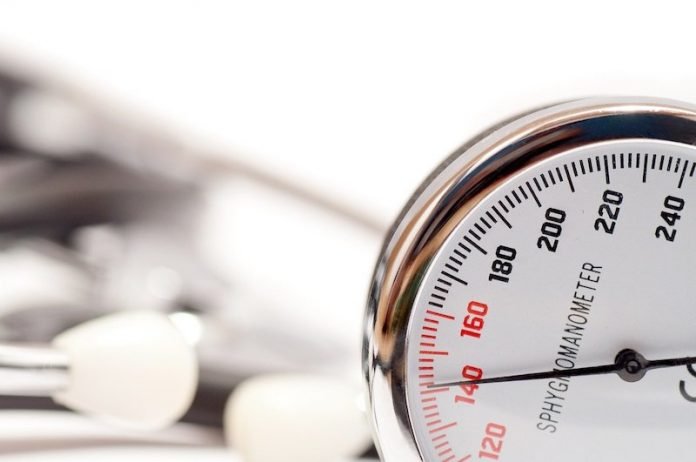
In a new study, researchers found that common high blood pressure drugs did not increase the risk of contracting COVID-19, or of developing severe disease.
The research was from the NYU Grossman School of Medicine.
The study was launched in response to a March 17 joint statement issued by the American Heart Association, the American College of Cardiology, and the Heart Failure Society of America.
It urgently called for research to answer a question raised by past studies: do high blood pressure (antihypertensive) drugs worsen COVID-19 patient outcomes?
In the study, the researchers identified patients in the NYU Langone Health electronic health record with COVID-19 test results.
For each identified patient with COVID-19 test results, the team discretely extracted the medical history needed for the analysis, which compared treated and untreated patients.
The study revolves around drugs that act on the renin-angiotensin-aldosterone hormonal system, which influences blood pressure.
Central to this system is the signaling protein angiotensin II, levels of which are controlled by angiotensin-converting enzyme (ACE).
Angiotensin II narrows blood vessels to increase blood pressure and the study drugs counter that, either by blocking ACE-induced increases in angiotensin II, or the ability of ACE to interact with its receptor signaling partners on cells.
The team found no links between treatment with four drug classes—angiotensin-converting enzyme (ACE) inhibitors, angiotensin receptor blockers (ARBs), beta-blockers, or calcium channel blockers—and increased likelihood of a positive test for COVID-19.
Further, they found no substantial increase in risk for more severe illness (intensive care, use of a ventilator, or death) with any of the treatments in patients with the pandemic virus.
According to the researchers, one version of ACE, angiotensin converting enzyme 2 (ACE2), is present in the outer membrane of lung cells.
SARS-CoV-2, the current pandemic virus, has been shown to connect to ACE2 on lung cells, a first step toward viral infection.
This led to concern in the field that ACE inhibitors and ARBs might increase or worsen COVID-19 infection.
Past studies in animal models had suggested that ACE inhibitors and ARBs increase ACE2 production in other organs, but how they related to ACE2 levels in the lungs was not known.
On the other hand, ACE inhibitors and ARBs had been shown elsewhere to reduce lung injury in certain viral pneumonia, creating speculation that they might be helpful.
The new study was designed to address these contradictions.
In terms of next steps, the team’s plan is to use similar approaches to investigate other medications and their relationship to COVID-19 illness.
The leader of the study is Harmony Reynolds, MD, an associate director of the Cardiovascular Clinical Research Center at NYU Langone Health.
The study is published in the New England Journal of Medicine.
Copyright © 2020 Knowridge Science Report. All rights reserved.



